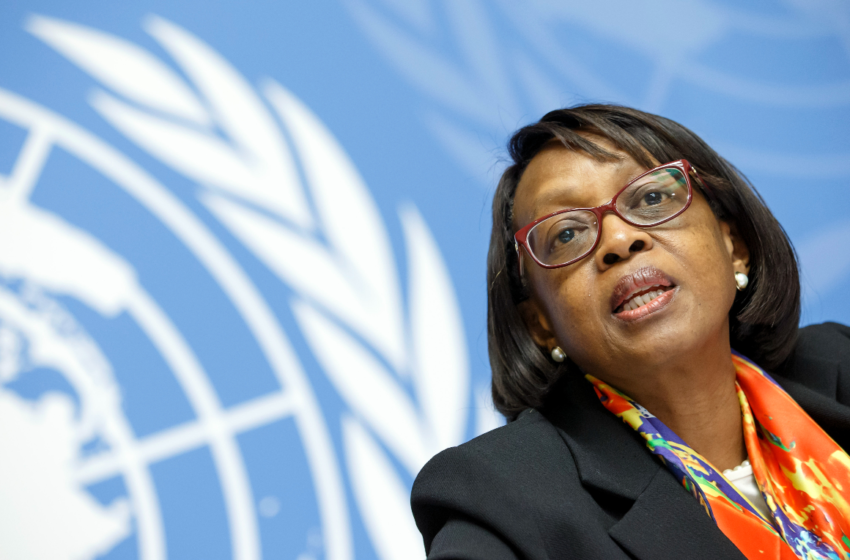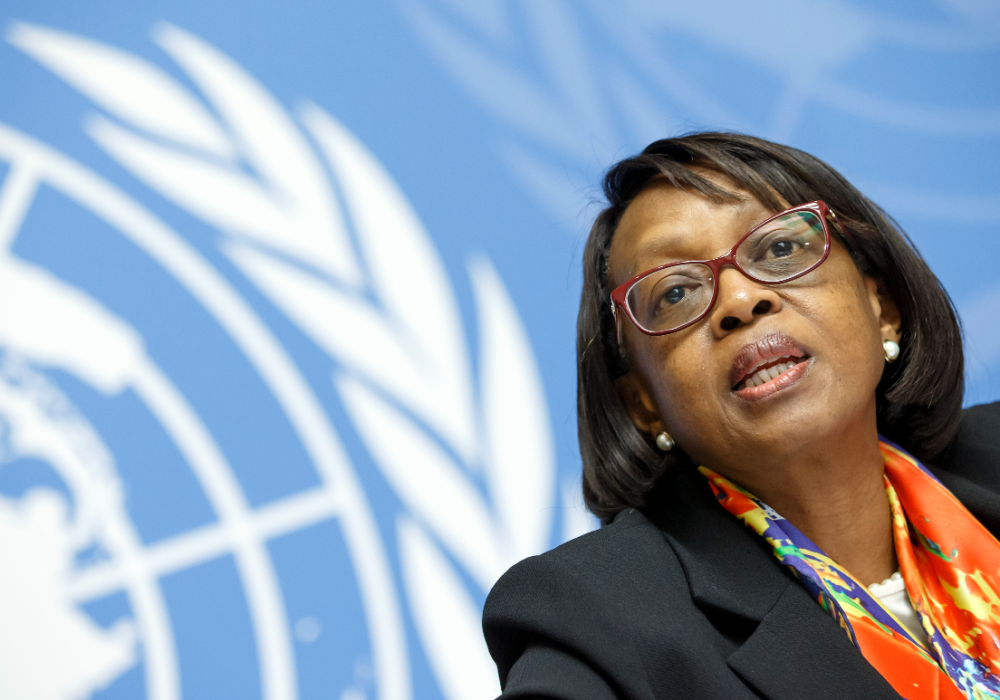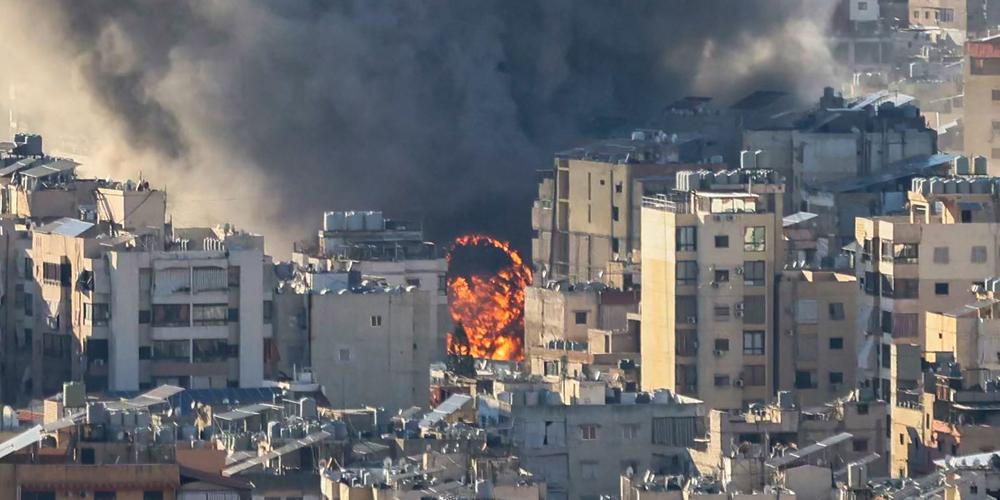Moeti praised South Africa for following international health regulations and informing WHO as soon as its national laboratory identified the variant.
“The speed and transparency of the South African and Botswana governments in informing the world of the new variant is to be commended,” said Moeti. “WHO stands with African countries which had the courage to boldly share life-saving public health information, helping protect the world against the spread of Covid-19.”
Cases of the Omicron variant of the coronavirus popped up in countries on opposite sides of the world Sunday and many governments rushed to close their borders even as scientists cautioned that it’s not clear if the new variant is more alarming than other versions of the virus.
While investigations continue into the Omicron variant, WHO recommends that all countries “take a risk-based and scientific approach and put in place measures which can limit its possible spread.”
Israel decided to bar entry to foreigners, and Morocco said it would suspend all incoming flights for two weeks starting Monday — among the most drastic of a growing raft of travel curbs being imposed as nations scrambled to slow the variant’s spread. Scientists in several places — from Hong Kong to Europe — have confirmed its presence. The Netherlands reported 13 cases on Sunday, and Australia found two.
The U.S. plans to ban travel from South Africa and seven other southern African countries starting Monday.
“With the Omicron variant now detected in several regions of the world, putting in place travel bans that target Africa attacks global solidarity,” said Moeti. “Covid-19 constantly exploits our divisions. We will only get the better of the virus if we work together for solutions.”
WHO said it scaling up its support for genomic sequencing in Africa so sequencing laboratories have access to adequate human resources and testing reagents to work at full capacity. WHO also said is ready to offer additional help, reinforcing Covid-19 responses including surveillance, treatment, infection prevention and community engagement in southern African countries, it said.











